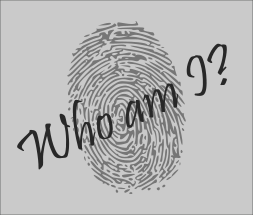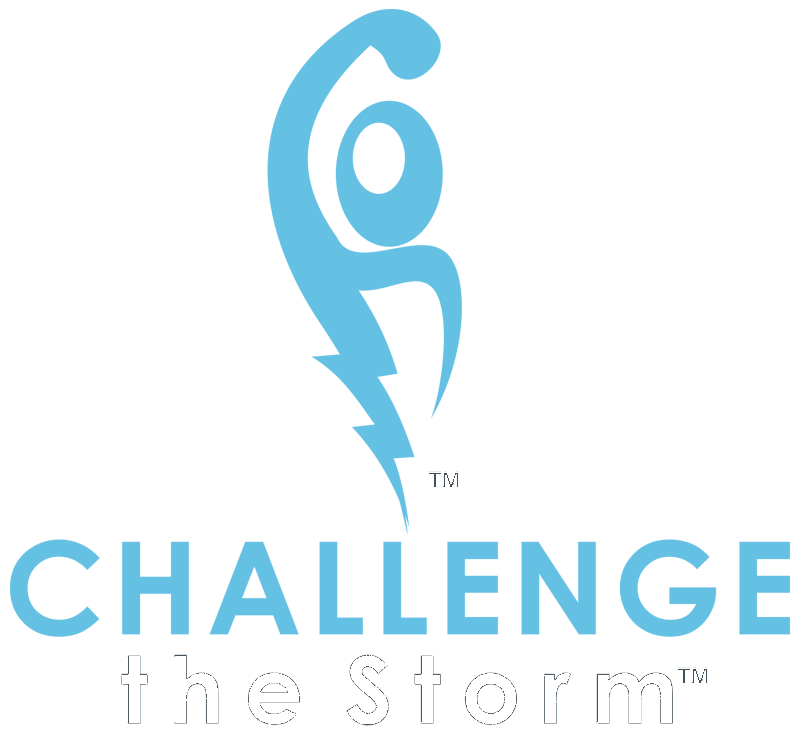How Does Personality Affect Mental Health?

Read the follow-on article about one woman’s story here , published October, 2016. She shares a personal story about the idea that personality can change due to a mental illness. To read the follow-on piece, click here.
Are you an INTJ, ESTJ, INFP?
INTJ is what I’m categorized as - the third rarest type, according to Truity. I’ve taken various tests, even some which were professionally administered, and they always come out the same (most recently took John’s Personality Test, and the results were consistent). What does that tell me? Presumably, it means I am more into science than art, it means I don’t like “simple”, and males who carry this categorization are over-represented among substance abusers. But does that really define ME? Thinking more about it, how does personality affect mental health at a more fundamental level?
Everybody knows about the Myers Briggs Test. What you may not know is what those results actually mean. Do they factor into your everyday lives? Did they predetermine your profession? Not necessarily. An article by Gracepoint Wellness states that this test “measures preferences rather than aptitude, the MBTI is not considered a proper instrument for purposes of employment selection. Many professions contain highly competent individuals of different types with complementary preferences.” (see the full article here).
So what does this actually mean for me?
No matter what your results, there is no shortage of information trying to tell you “who you are”. Take them all with a grain of salt. You are unique. You are you. But for curious minds, a handy breakdown of all the 16 personality types outlined by the Myers Briggs categorization can be found here. But here are the basics: Disclaimer: the actual assessment of the Myers Briggs test results is far more complex than this. I would encourage you to explore the various resources which exist, before making a self-determination.E / I: Extroversion vs. IntroversionOne explanation, from John’s Personality Test suggests the following:
N / S: Intuition vs. Sensing
T / F: Thinking vs. Feeling
J / P: Judgement vs. Perception
The four letters in a Myers Briggs type are a code for referring to the 16 possible orderings. E-I indicates whether the first (most dominant) function is an outward or inward one. N-S and F-T each select for the basic function that is higher ranking. Finally, J-P refers to whether the first outward function is judging (F/T) or perceiving (N/S)…
These are just archetypes – you can be a very different person within each type. However, the value is that adjacent types are very distinguishable. That is, an ENTP is not simply an ENFP that has become a little bit more T. In fact, the ENTP predominantly uses introverted thinking and outward feeling, whereas the ENFP predominantly uses introverted feeling and outward thinking. In this way, people of a given type are likely to share certain defining characteristics, even if their specific functions are developed to varied degrees, or if they have a very different life experience.
Myers Briggs and Anxiety, Depression
Some factors may point to a greater disposition towards anxiety and depression, but nothing conclusive. Emotional stability (or level of neuroticism) has shown, however, to be a predictor of these disorders. Of the pairs outlined above, one will increase the likelihood of being neurotic. These are I, N, F, and P. Now if you’re an INFP, that does not mean you have depression or anxiety. And if you’re an ESTJ, you aren’t exactly in the clear. This is not an exact science. No way. But while we continue learning more about mental health, we will be able to better predict, and prepare for, mental illness.Because the truth is, no matter what your background, age, upbringing, financial situation, you are not precluded from these illnesses. And mental illness affects friends and family, as well. We are all instilled with the power, and the responsibility as a society, to be better educated, and more supportive of those who are struggling. With the proper education, we can continue the conversation, and start to see mental illness without the lens of stigma. Educate yourself. You never know who may need your help one day.
Thank to the following, who provided many of the details used in this article:
Gracepoint Wellness: http://www.gracepointwellness.org/5-depression/article/8943-psychological-testing-myers-briggs-type-indicator
Myers Briggs Foundation: http://www.myersbriggs.org/
John’s Personality Test: http://www.25quiz.com/explanation
Read the follow-on article about one woman’s story here.













